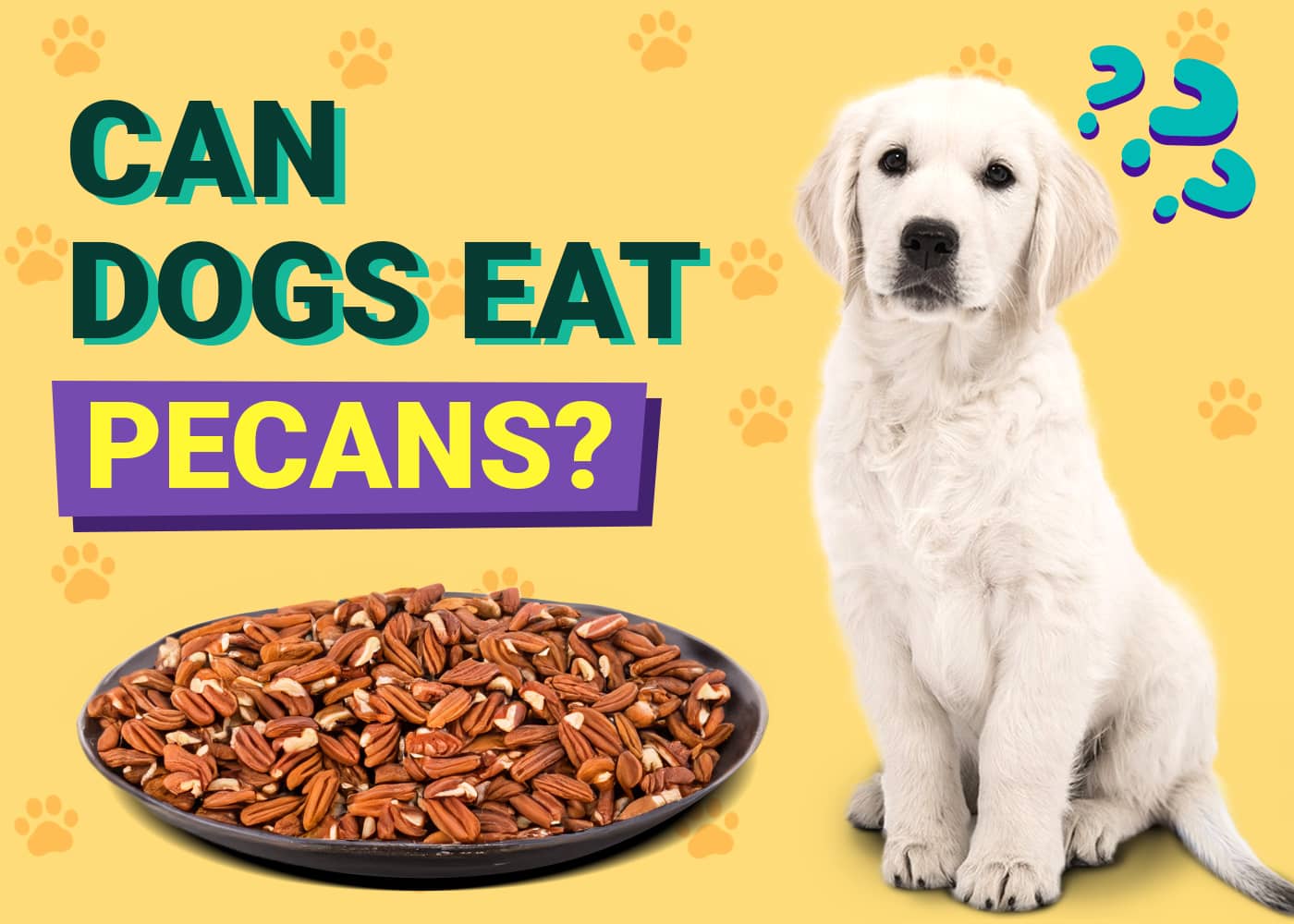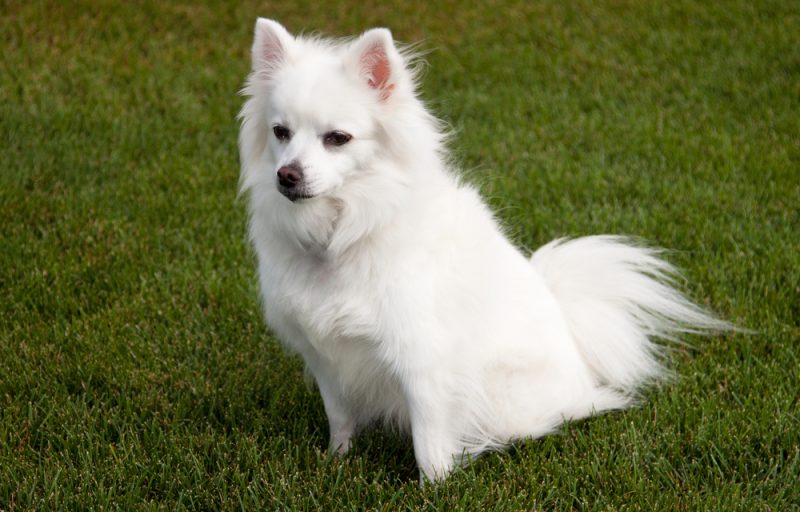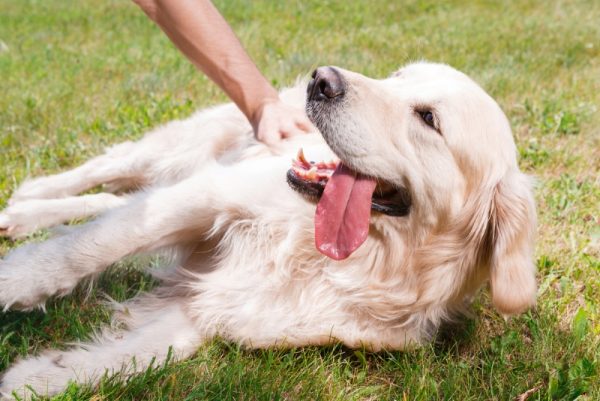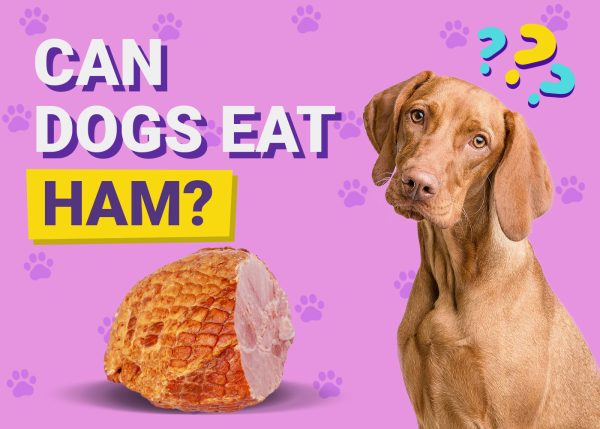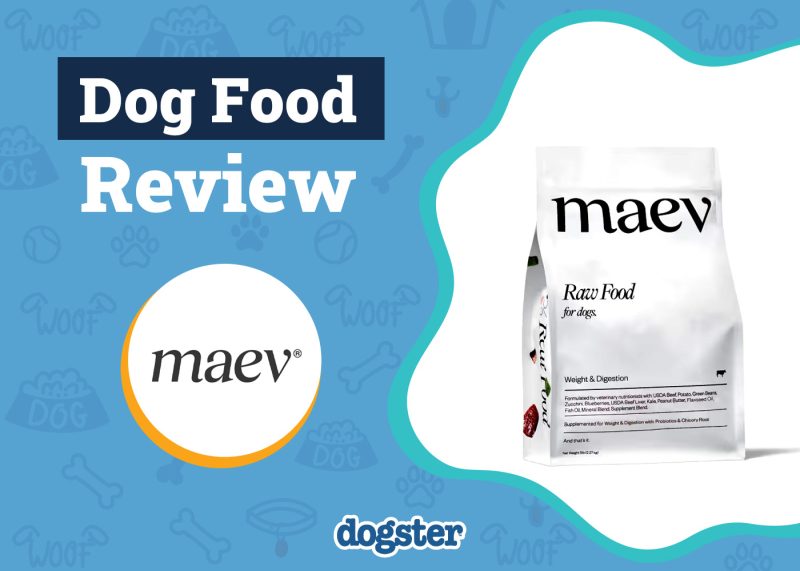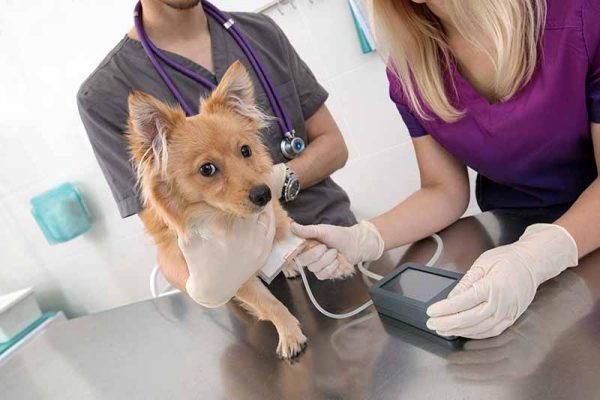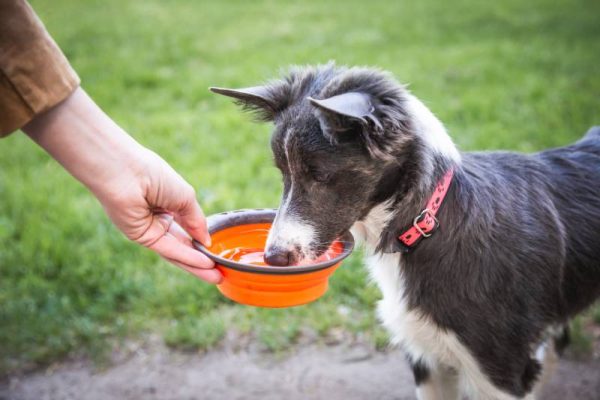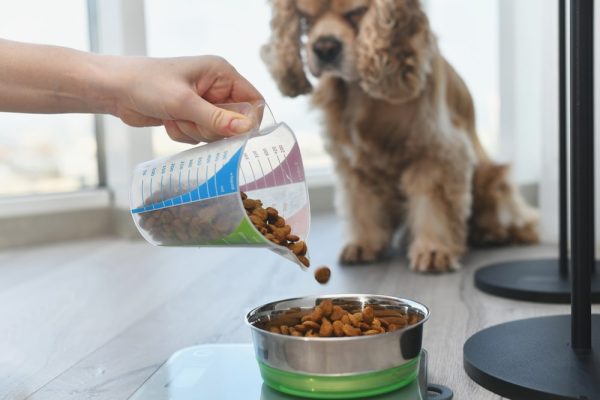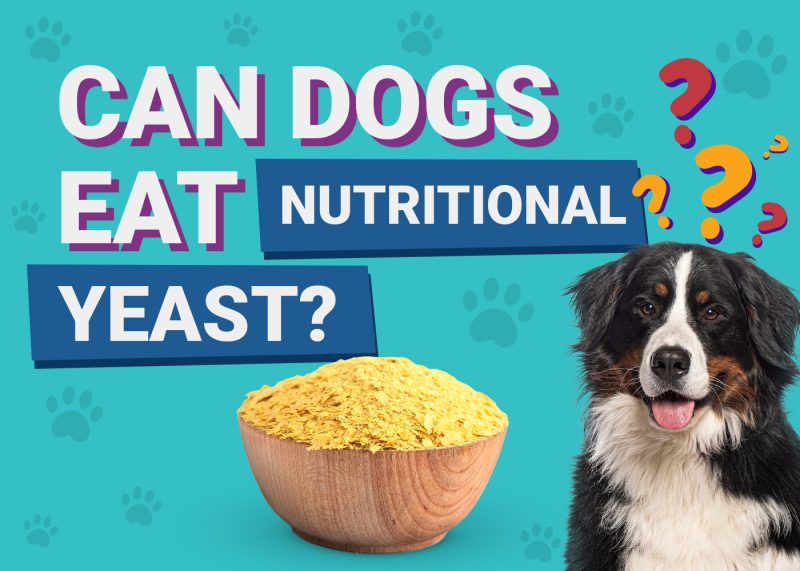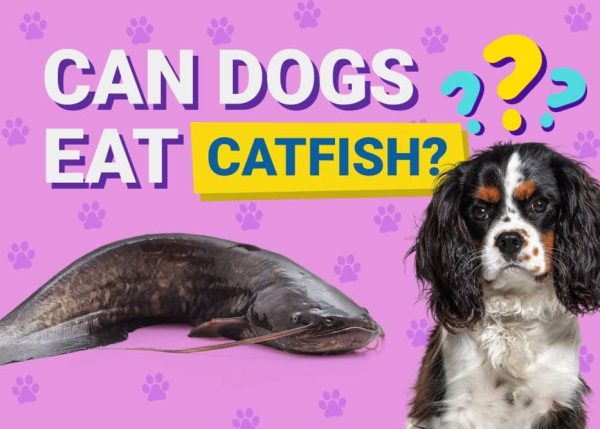In this article
If your dog is a dedicated beggar, it can be hard to resist sharing your food with them. Pecans and other nuts are popular snacks for humans, but are they okay for dogs? b>While pecans aren’t classed as toxic according to the ASPCA,1 dogs shouldn’t eat them because they aren’t safe or healthy for canines.
Read on to learn about the risks that pecans can pose to your dog. We also suggest safe and appropriate foods that make better snacks for your pup. However, before offering your dog any human food, it’s important to consult with your vet, particularly if your pet has any underlying health issues, such as diabetes, pancreatitis, or gastrointestinal disease.

The Problem With Pecans
While pecans contain some essential nutrients, including protein, the risks of feeding them to your dog outweigh the benefits. Here are a few of the problems with pecans.
Choking Hazard
Due to their size, pecans can be a choking hazard for your dog. Dogs generally don’t chew food very well and may try to swallow the nuts whole. Some pups “inhale” their food and could choke on a pecan.
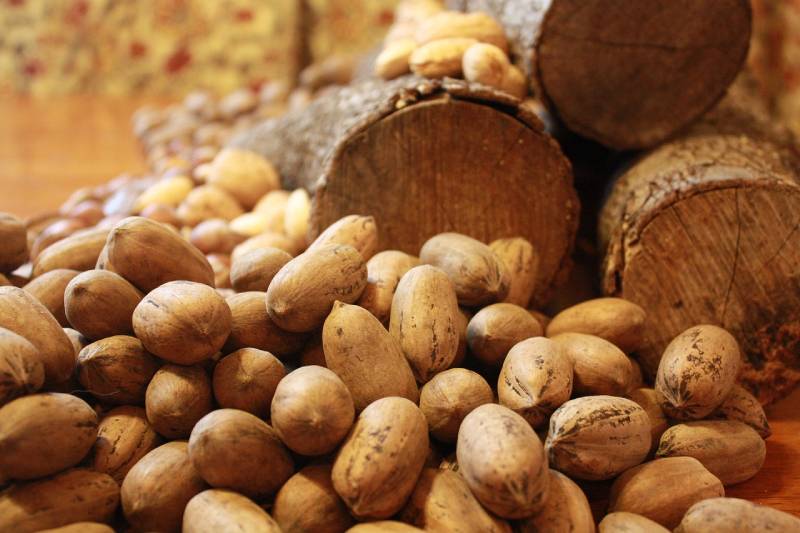
Toxic Mold
Pecans themselves are not toxic to dogs. However, certain nuts—especially pecans and walnuts—become moldy easily. The mold may not be obvious to you when looking at the nut. Certain types of molds produce mycotoxins that are dangerous to dogs. Any type of spoiled, rotting food that your dog finds in the trash or a compost pile may contain these toxins.
Intestinal Blockage
If your dog eats several pecans, depending on their body size, these could cause a blockage in your dog’s stomach or intestines. This issue is especially likely if your dog happens to swallow a pecan still in the shell. Intestinal blockages typically require surgery, so it could be a costly snack for your dog in more ways than one!
High in Fat and Calories
Pecans and other nuts are calorie-dense and high in fat. For humans, they can be a good source of healthy fats. However, excess fat from eating pecans may also lead to stomach upset in some dogs. Obesity is a common problem if dogs are regularly fed high-calorie snacks, have a predisposition for obesity, or do not exercise enough.
To stay healthy and have an appropriate weight based on their age and lifestyle, dogs should eat only the recommended number of calories per day, including treats and their regular diet. Most of those calories should come from their food, so it’s best to stick to low-calorie treat options, and pecans aren’t among these.
If you need to speak with a vet but can't get to one, head over to PangoVet. It's our online service where you can talk to a vet online and get the advice you need for your pet — all at an affordable price!

Risk of Pancreatitis
For some dogs, eating high-fat foods like pecans can predispose them to a painful and dangerous medical condition called pancreatitis/a>. In this condition, the pancreas, which normally produces digestive enzymes, becomes inflamed. The digestive enzymes are activated inadequately within the pancreas itself, causing damage and pain and impacting other organs.
Certain breeds, such as Schnauzers, are more prone to developing pancreatitis, but it can occur in any dog. Signs include vomiting, diarrhea, loss of appetite, belly pain, and fever. Your vet will need to diagnose and treat this condition.
Severe or untreated pancreatitis can be fatal. After recovery, some dogs develop a chronic form of pancreatitis that requires a strict low-fat diet and long-term monitoring.
Oftentimes, the exact cause of pancreatitis cannot be identified, but we know that certain factors can increase the risk of obesity and underlying health issues, such as diabetes. Serving high-fat pecans is not worth the risk to your dog.
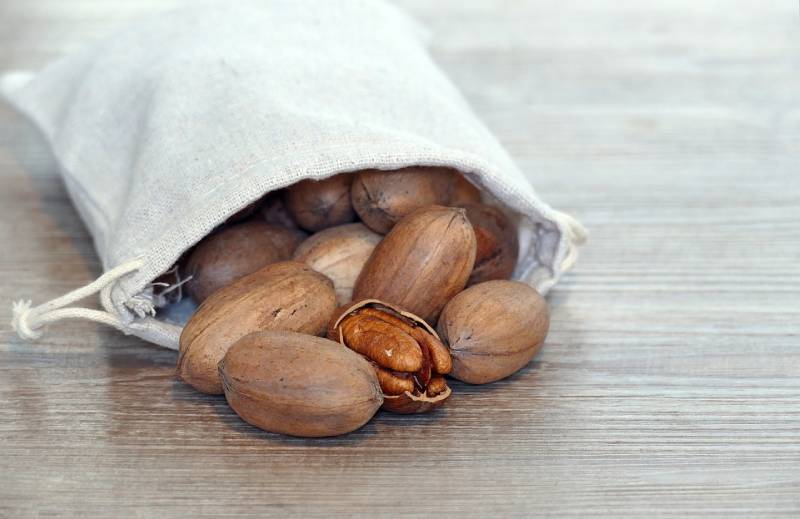
Juglone
Many pet websites and blogs mention juglone as the culprit for the potentially harmful effects of pecan nuts on dogs. We cannot find any scientific evidence to back this claim, but we want to discuss it in more detail.
Juglone/a> is a compound present in considerable amounts in all green and growing parts of the trees and unripe hulls of the nuts, such as black walnuts and pecans, while the levels in the kernels are generally very low or absent. Unlike pecan nuts, the black walnut is considered toxic to dogs. However, the mechanism of action by which black walnut wood or nuts affect dogs is not known.
Still, this may be a good enough reason to be cautious and keep pecans away from your dog until science can provide more information on their safety.

Safe Human Food Options to Feed Your Dog
Treats should generally make up only about 5–10% or less of your dog’s daily calories. The majority should come from nutritionally balanced dog food/a>. If you feed your dog treats, avoid the pecans, and try one of these safer options, but only after you have consulted with your vet, as some of these may not be appropriate for your dog based on their health and age.
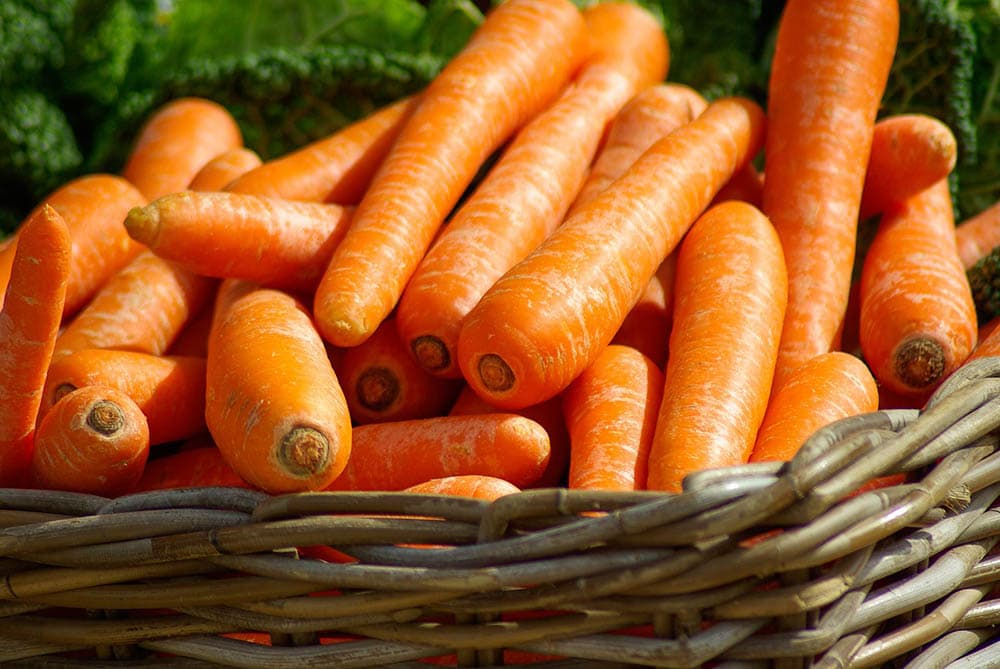
- Vegetables, in moderate amounts and only occasionally, that are chopped up into bite-sized pieces to reduce the risk of choking, such as carrots, green beans, zucchini, and cucumber/li>
- Fruit, also in moderation, such as blueberries, apples (without the seeds and core), bananas, and melons/li>
- Cooked lean meats (without bones)/li>
- Cooked low-mercury fish (without bones)/li>
- Whole grains, such as cooked white rice and oatmeal/li>
Dogs with diabetes should not be eating fruits or veggies, as these are rich in carbs. Consult with your vet about the appropriate treats for your pup based on their health, age, and lifestyle.
In addition to high-fat foods like pecans, never feed your dog the following toxic food items:
- Grapes and raisins
- Onions, garlic, shallots, and chives
- Avocado
- Chocolate

Conclusion
Pecans aren’t toxic to dogs, buta href=”https://www.dogster.com/dog-nutrition/dog-ate-moldy-food/”> they can contain dangerous mold/a> and are not the healthiest snack choice. Avoid feeding these nuts to your pup, and before offering them any human food, check with your veterinarian to ensure it’s safe and appropriate. Remember, even non-toxic human foods can upset your dog’s stomach, so proceed with caution, and call your veterinarian if you are concerned.
See Also:
Featured Image Credit: matthewsjackie, Pixabay
